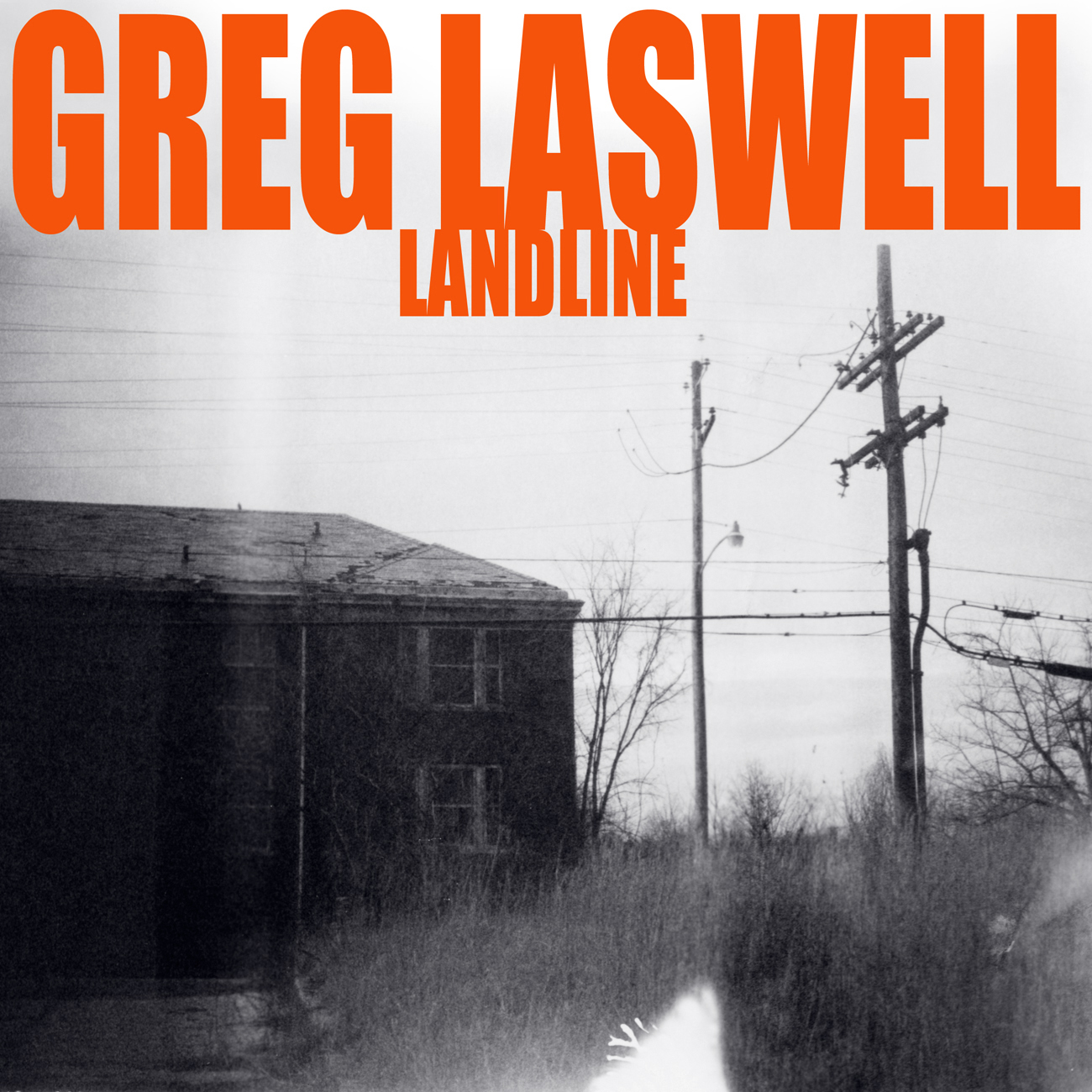Greg Laswell has always been a bit of an enigma in the singer-songwriter genre. His vocal range is relatively limited, strongest in lower registers and delivered with an almost wry, deadpan singing style. At the same time, however, Laswell’s voice is smooth and typically pitch-perfect. As a result, music listeners seem to either love his voice or move on to more overtly emotive singers.
For those already acquainted with and fond of Laswell’s work, the singer’s new album “Landline” will be a satisfying release. Newcomers to his music may have a bit of a harder time acclimating themselves to the musician’s style. But if they can spend the time to get used to Laswell’s delivery, they will find a generally rewarding set of songs.
One element in “Landline” not seen in much of Laswell’s earlier releases is the appearance of several female guest vocalists. It is on these tracks that Laswell shines the brightest, with another voice to soften his, as well as to harmonize and add a second storytelling presence to the album’s lyrics. It could also add something familiar to listen to for people unfamiliar with Laswell’s vocal style.
“Come Back Down (feat. Sara Bareilles)” is the first and best song on “Landline.” Beginning with an excellent piano melody and handclaps, the song drives forward with a beautiful but intense power. Laswell’s and Bareilles’ voices mesh perfectly, and bring out the emotion in a song of longing: “Head out any further, and you might just forget how / You gotta come back down.”
The next guest vocalist to strengthen Laswell’s album is Elizabeth Ziman, who contributes to “Back To You,” one of the sweeter ““ but still sad ““ songs on the album about mutual regrets. Both personas in the song, that of Laswell and that of Ziman, sing of how the other tried his or her best in a relationship, but it didn’t work out. Still, there is happiness to be found in an otherwise sad track: “And how it goes is like this / All that I am and have these days / Can all be traced back to you.”
“Landline” is not a happy album, not even close. Most of the songs pulse with piano-driven mourning, and a sense of loss pervades the record, right down to the desolate, black-and-white image on the cover. That being said, Laswell’s lyrical abilities are at their peak when singing about loss, and “Landline” benefits from excellent song structure.
One song notable for its almost rebellious tone is “Dragging You Around (feat. Sia).” The piano melody at the beginning has some serious attitude, and Laswell sets the stage for the rest of the song when he sings, “What a grand waste of time, when it’s all said and done.” The song goes on to portray the singer’s satisfying manipulation of a significant other: “I like dragging you around / I like dragging you down / I did it again.” The song is a notable switch from the rest of the album, but it is a well-placed change of pace.
Finally, “Landline (feat. Ingrid Michaelson)” rivals “Come Back Down” in its power and harmonies. It is also the strongest song on the album lyrically, taking full advantage of two vocalists to tell different stories. During a storm, a man and a woman are on two separate floors of a house, thinking variations on the same idea. The male persona, sung by Laswell, reflects, “I hear you dancing on the floorboards above, unaware of what’s at stake.” Michaelson then echoes that exact line later in the song, but replaces “above” with “below,” creating a scene of both miscommunication and kindred thought.
Overall, “Landline” does not represent a major deviation from the rest of Laswell’s work. If listeners liked his previous albums, chances are that they will like this one. If they didn’t, this album will likely share a similar fate. Regardless, however, Laswell’s use of male and female harmonies through four guest vocalists is wonderful and the most notable new element to Laswell’s musical toolbox ““ one that definitely deserves a listen.
Email Bain at abain@media.ucla.edu.
